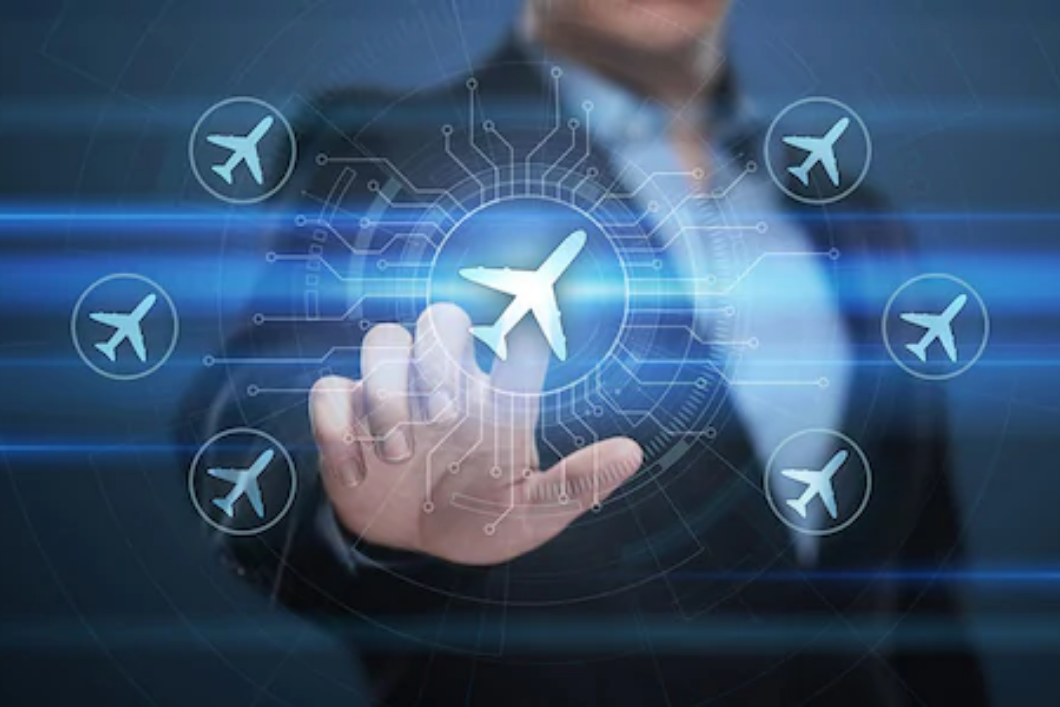How Artificial Intelligence Is Enhancing Personalized Travel Recommendations
How Artificial Intelligence is Enhancing Personalized Travel Recommendations

Description
The travel industry has undergone a significant transformation with the integration of advanced technologies. Among these, artificial intelligence has emerged as a game-changer, revolutionizing the way travel recommendations are personalized for users. By leveraging vast amounts of data and sophisticated algorithms, AI enables travel platforms to deliver tailored suggestions that align with individual preferences, budgets, and travel goals. This article explores the key ways in which AI is improving personalized travel recommendations, highlighting its importance and benefits for both travelers and businesses.
Enhanced Data Analysis for Accurate Predictions
Artificial intelligence excels at processing and analyzing large datasets, including user behavior, preferences, and historical travel patterns. By identifying trends and correlations, AI systems can predict what destinations, accommodations, or activities a traveler might prefer. This level of data-driven insight ensures that recommendations are not only relevant but also highly accurate, enhancing the overall user experience.
Real-Time Personalization Based on User Interactions
One of the most significant advantages of AI is its ability to adapt recommendations in real time. As users interact with travel platforms—such as searching for flights, browsing hotels, or reading reviews—AI algorithms continuously refine their suggestions. This dynamic approach ensures that travelers receive up-to-date and contextually relevant options, making the planning process more efficient and enjoyable.
Improved Customer Satisfaction Through Tailored Experiences
Personalized travel recommendations lead to higher customer satisfaction by catering to individual needs and preferences. AI-powered systems can consider factors such as budget constraints, travel dates, preferred activities, and even dietary restrictions to create customized itineraries. This level of personalization fosters a sense of trust and loyalty, encouraging travelers to return to the platform for future bookings.
Cost and Time Efficiency for Travelers
By automating the process of sifting through countless options, AI saves travelers significant time and effort. Instead of manually comparing flights, hotels, and activities, users can rely on AI-driven platforms to present the best-suited choices. Additionally, AI can identify cost-effective options, helping travelers stay within their budgets without compromising on quality.
Four Tips for Leveraging AI in Travel Recommendations
Utilize Comprehensive Data Collection
Travel platforms should gather diverse data points, including user preferences, past bookings, and feedback, to ensure AI systems have a robust foundation for generating accurate recommendations.Incorporate Machine Learning for Continuous Improvement
Machine learning algorithms can analyze user interactions and feedback to refine recommendations over time. This iterative process ensures that the system becomes more effective with each use.Focus on User Privacy and Data Security
While collecting data is essential, it is equally important to prioritize user privacy. Implementing robust security measures and transparent data policies builds trust and encourages users to share information willingly.Integrate AI with Other Technologies
Combining AI with technologies like natural language processing and augmented reality can enhance the travel planning experience. For instance, chatbots can provide instant assistance, while AR can offer virtual tours of destinations.
Frequently Asked Questions
What makes AI-driven travel recommendations more effective than traditional methods?
AI-driven recommendations are more effective because they analyze vast amounts of data, including user preferences and behavior, to provide highly personalized and accurate suggestions. Traditional methods often rely on generic criteria, which may not align with individual needs.
How does AI ensure that travel recommendations are up-to-date?
AI systems continuously monitor real-time data, such as flight availability, hotel occupancy, and pricing changes. This ensures that recommendations are always current and reflect the latest information.
Can AI consider unique preferences, such as dietary restrictions or accessibility needs?
Yes, AI can incorporate unique preferences by analyzing user-provided data and historical patterns. For example, it can recommend restaurants with vegan options or hotels with wheelchair-accessible facilities.
Is AI capable of handling last-minute changes in travel plans?
AI can quickly adapt to last-minute changes by analyzing real-time data and providing alternative options. This flexibility is particularly valuable for travelers who need to adjust their plans unexpectedly.
How do travel businesses benefit from using AI for recommendations?
Travel businesses benefit from increased customer satisfaction, higher booking rates, and improved operational efficiency. Personalized recommendations also foster customer loyalty, leading to repeat business.
Are there any limitations to AI in travel recommendations?
While AI is highly effective, it relies on the quality and quantity of data available. Inaccurate or insufficient data can lead to suboptimal recommendations. Additionally, AI may struggle to account for highly subjective preferences that are difficult to quantify.
Conclusion
Artificial intelligence has become an indispensable tool in the travel industry, offering unparalleled personalization and efficiency in travel recommendations. By analyzing vast datasets, adapting to user interactions, and delivering tailored experiences, AI enhances the travel planning process for users while driving business success for travel platforms. As technology continues to evolve, the potential for AI to further refine and innovate travel recommendations remains vast, promising a future where every journey is uniquely tailored to individual preferences.
Comments
Post a Comment